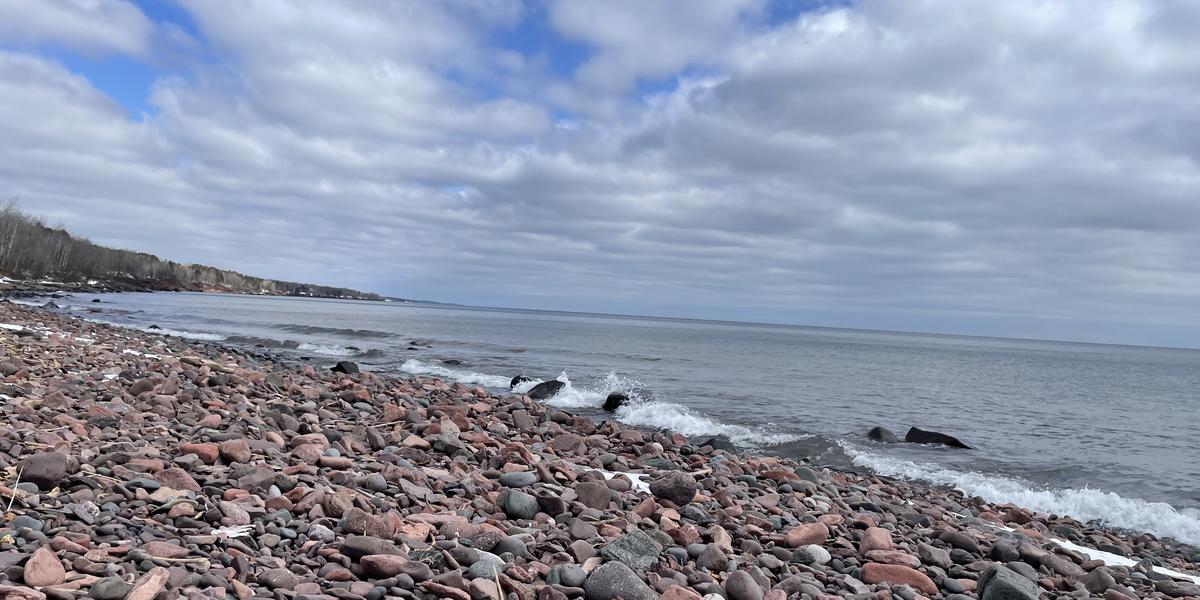Several CEHSP faculty members are retiring this spring. Please join us in congratulating them and thanking them for their dedication and service, both to their fields and to our CEHSP students over the years!
David Beaulieu
Professor David Beaulieu has worked in the UMD Department of Education for a decade, serving as the Ruth A. Myers Center for Indigenous Education Endowed Chair. He was named Professor Emeritus after his retirement in May.
An enrolled member of the White Earth Band of Chippewa, Beaulieu’s career in American Indian
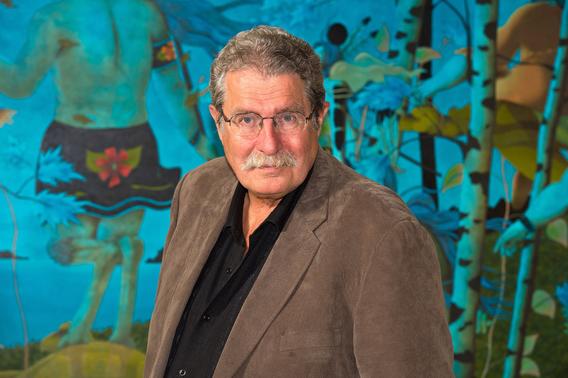
education spans more than four decades. He’s also a professor emeritus of education policy studies at Arizona State University.
In 2019, the National Indian Education Association (NIEA) awarded Beaulieu a Lifetime Achievement Award for his “lifetime of work, service, and dedication for Native education.”
Along with this recognition, the NIEA launched the Dr. David Beaulieu Legacy Scholarship. The fund is designated for Native college students in the final two years of undergraduate degrees in education, policy, political science, or public administration.
As director of Indian education with the Minnesota Department of Education in the 1980s, Beaulieu worked closely with Ruth Myers the “grandmother of Indian education in Minnesota” to implement important changes to American Indian education policy. He also served as Minnesota’s Commissioner of Human Rights under Governor Arne Carlson in the 1990s.
In 1997, Beaulieu moved to Washington, to direct the U.S. Department of Education’s Office of Indian Education. He later served on the NIEA board of directors and as its board president.
Beaulieu says, “I am proudest of my 55-year contributions to improving educational opportunity for American Indians, enhancing efforts at Indian education self-determination and reform.”
His future plans include completing a number of writing projects. He also intends to travel while maintaining the lifestyle of a St. Paul, Minnesota snowbird that winters in Scottsdale, Arizona.
Kent Brorson
Associate Professor Kent Brorson will retire in May after 24 years as a faculty member in the Department of Communication Sciences and Disorders.
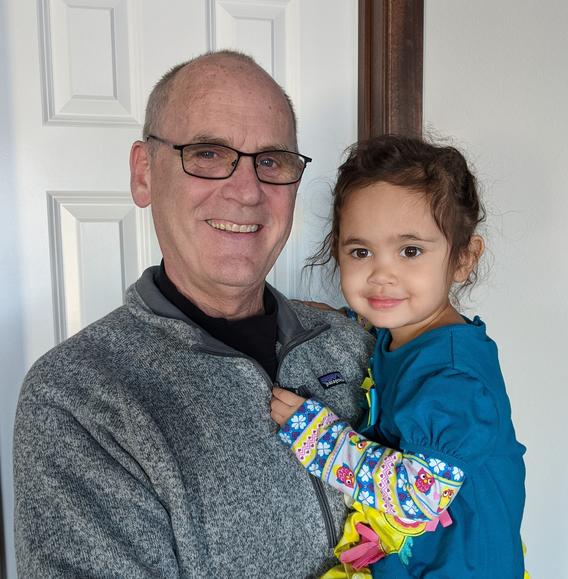
During his tenure at UMD, he primarily taught courses related to language development and disorders and a variety of other courses at both the undergraduate and graduate levels.
In addition to teaching courses, Brorson was responsible for the clinical instruction of students in clinical practicum experiences. He also served as an academic advisor for countless graduate student’s research projects, many of which were presented at national conventions.
Brorson reflects, “It was a pleasure for me to spend the last two-thirds of my professional career at this excellent institution of higher education and work with so many wonderful colleagues. I enjoyed teaching so many wonderful students. They are what kept me excited about my professional career.”
His retirement plans are to raise his youngest daughter, who is 6 years old, and support his wife in her nursing career. He also intends to spend more time with his four older siblings, “catching up on lost time.”
In his free time, Brorson looks forward to “working on all of the DIY projects that I couldn’t get to while working full-time” and continuing to enjoy the sport of curling. He hopes to travel to a variety of national and international curling events.
Fay Maas
Associate Professor Fay Maas has always been interested in development and research, although not always human development. Before earning a Ph.D., she held positions as a grower in large greenhouses and garden centers.
While an undergraduate in psychology, Maas began working in an elementary school as a teacher aide, which piqued her interest in the discipline of psychology. She became intensely interested in school-aged children’s cognitive and language development—an interest that inspired her to continue as a graduate student in developmental psychology at the University of Wisconsin–Madison.
Maas joined the UMD Department of Psychology in 2002 after completing a Ph.D. in lifespan developmental psychology, with an emphasis on cognitive and language development, at UW–Madison. She previously held part-time faculty positions at UW–Madison and UW–La Crosse.
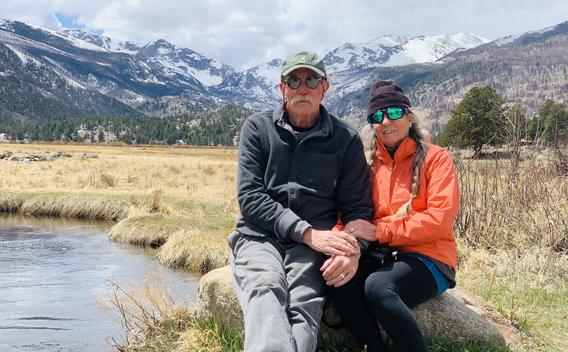
Though she found it difficult to pinpoint one key career accomplishment, Maas says “attaining my promotion to associate professor with indefinite tenure remains one of my proudest accomplishments.”
Maas also takes pride in the research program she built to contribute to the literature via peer-reviewed journals and international conferences in cognitive/language development. “It continues to be quite gratifying to see my research cited by other professionals and referenced in textbooks. And I am always delighted when a student from the past contacts me to tell me that they have entered graduate school or completed their graduate work in psychology,” she says.
Shortly after being promoted to associate professor in 2008, Mass became head of the Department of Psychology. The administrative role gave Maas a new perspective and understanding of her own leadership role and role as a faculty member.
Maas also served as CEHSP’s interim associate dean in the spring of 2012. When Jill Pinkney Pastrana was hired as dean of CEHSP the following year, Maas was delighted when she was asked to stay in the associate dean position. She appreciates the knowledge and range of relationships within CEHSP and campus-wide that she gained during that time.
In 2018, Maas stepped back into a faculty role in the Department of Psychology. “It has been very gratifying to rejoin my colleagues and to return to my role as teacher/mentor and researcher,” she says. “I am grateful to have been able to work with so many undergraduate and graduate students during my phased retirement years. I am also gratified to know that I will be leaving an academic unit that is and will continue to be a leader in serving students through excellent teaching and research at UMD.”
In retirement, Maas intends to stay involved in some professional organizations and will continue to read about current research in cognitive/language development. She hopes to continue writing, focusing more on writing about psychology for a lay audience and exploring her interest in nature writing. She would also like to become more active in working on environmental protection and citizen scientist efforts associated with preserving wild places.
Travel will also figure prominently in Maas’ future. She and her husband are avid hikers and road bicyclists, and “will continue our traveling adventures across the U.S. and Canada seeking wild places to explore beauty and solitude,” she says. “We will also continue to enjoy living in Duluth and enjoying the natural beauty that surrounds us at our home and in the boreal forests of Minnesota.”
Kay Wohlhuter
Professor Kay Wohlhuter says her dream to be a mathematics teacher began in second grade and was realized in the fall of 1982 when she started as a junior and senior high school mathematics teacher in Lyle, MN.
Working with future teachers was not part of her initial career plan but opportunities and support from mentors facilitated Wohlhuter’s journey to graduate school and on to higher education.
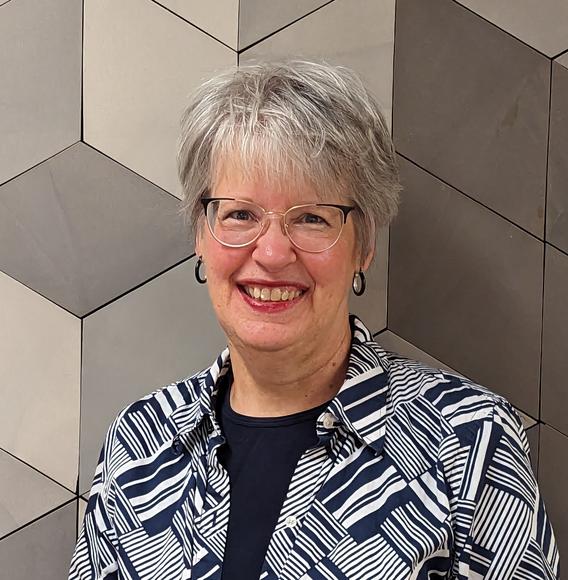
After teaching at Western Illinois University for 3 years, she returned to Minnesota in the fall of 1998 for the Department of Education’s mathematics education position at UMD. She mainly worked in the secondary Teaching Mathematics program but also taught classes in the Early Childhood and Integrated Elementary and Special Education programs.
“I welcomed opportunities to help each candidate look at mathematics from different perspectives and to develop their abilities as a mathematics teacher,” says Wohlhuter, “I valued working with a wonderful group of colleagues as we developed research-informed, field-based programs.”
Additionally, she embraced her role as advisor and appreciated receiving the Dr. William C. Gemeinhardt Award for Outstanding Advisement in 2001. “I am proud that I learned how best to integrate my teaching, scholarship, and service areas while making contributions to the mathematics education field,” she says.
Mathematics education professional organizations played an invaluable role in Wohlhuter’s development as a mathematics educator. She presented at conferences, served on committees, and engaged in mathematics education leadership opportunities, including the Minnesota Council of Teachers of Mathematics board, the National Council of Teachers of Mathematics board, and the Research Council on Mathematics Learning board—both as a member and as president.
In her retirement, Wohlhuter plans to spend a year in Duluth enjoying the area and then intends to move back to Welcome, Minnesota—her hometown area—to be closer to family. She looks forward to cheering on grandnieces and nephews in their various events (music, sports, drama, dance) and spending more time with family. She will continue to work on family history and interact with mathematics educators in Minnesota and across the United States. She also looks forward to all travel opportunities.
